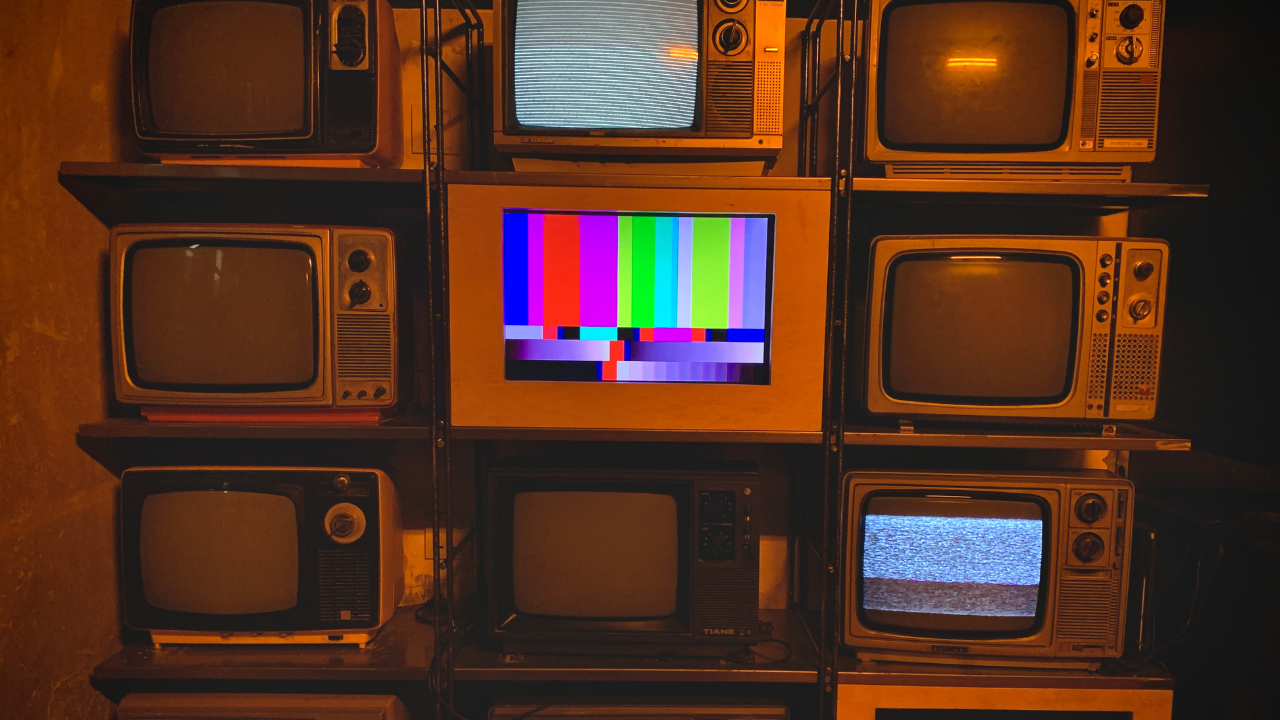In a surprising turn of events, the Supreme Court ruled that Indian broadcasters need to pay luxury taxes in addition to the service tax levied by the central government. It is because as legislatures—the parliament and the state legislatures—both hold the legislative competence to levy taxes for entertainment, the bench of Justices B.V. Nagarathna and N.K. Singh states in Kerala vs. Asianet Satellite Communications.
The court, while explaining the rationale behind the levying of taxes, underlines the fact that the two taxes are two different aspects of the same activity, and this exclusivity enables the authorities to levy the taxes separately under distinct taxation entries in two different lists. Under the current regime, the Finance Act of 1994, the parliament is not imposing the entertainment tax, but the state government is rightly doing so under Entry 62—List II, wherein entertainment is a luxury.
The Judgment
“This is because the activity of broadcasting is a service and liable to service tax imposed by the Parliament (Entry 97 – List I of the Seventh Schedule of the Constitution), and the activity of entertainment is a subject falling under Entry 62 – List II, and therefore, the assessees herein are liable to pay entertainment tax as well. Hence, the state legislatures as well as the parliament both have the legislative competence to levy entertainment tax as well as service tax, respectively, on the activity carried out by the assessees herein,” the judgment stated.
Two Activities Involved
Further, the bench goes into the explanation of the technical aspect of the broadcasting segment. The bench states that this activity comprises two distinct aspects: first, the transmission of content signals to subscribers; and second, the effect of decrypting these signals using set-top boxes and viewing cards supplied by the assessees, which enables subscribers to access and experience television entertainment.
Without the equipment supplied by the assessors to decrypt the signals, subscribers cannot view the transmitted content, which is intended for entertainment, the bench further adds.
Hence, the two taxes
The organization involved in the captivity of broadcasting is performing two actions: first, the activity of broadcasting, which is taxable under the Finance Act, 1994, and second, entertainment tax in terms of Entry 62—List II as being a species of luxuries, the court remarked.
The bench set aside the Kerala High Court’s judgment that had exempted cable operators from luxury tax while requiring DTH operators to pay it, ruling that such a distinction amounted to a discriminatory levy based solely on technological differences in the delivery of entertainment services. The court termed the earlier judgment incorrect.




